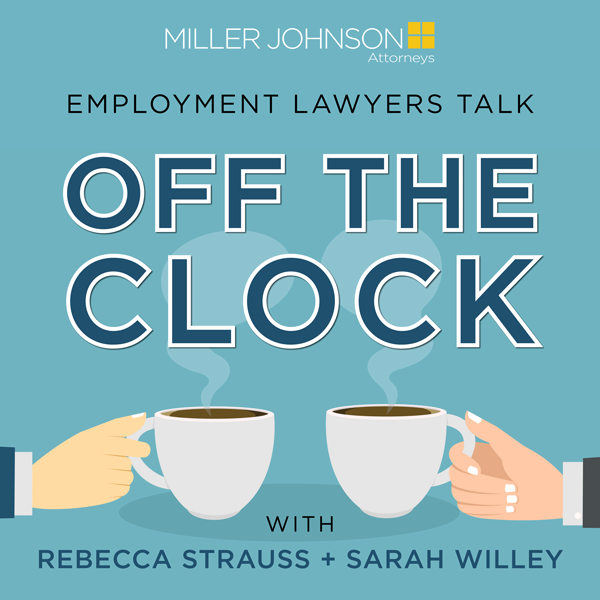In Dobbs v. Jackson Women’s Health Organization, the United States Supreme Court overruled its previous decisions in both Roe and Casey and determined that the United States Constitution’s privacy clause does not guarantee a right to an abortion prior to the date of viability. Instead, the regulation of abortion will be left to the states. There is no question that the method in which different states attempt to regulate abortion will vary widely. Some states currently have laws in effect that not only ban all abortions but have language broad enough to potentially impact other reproductive health services. Other states have codified the right to abortion. Dobbs directly impacts whether and how employers can provide health care coverage not just for abortion but potentially for other reproductive health care services. Employers that sponsor group health plans need to individually determine how Dobbs impacts current benefits and determine what changes are necessary to both provide the coverage the employer desires and avoid criminal and civil penalties.
Employers should first determine if and how the employer’s group health plan currently covers abortion and other reproductive health services. Next, employers should review the state laws related to abortion and reproductive services in states where they have employees working. With the increasing number of remote work arrangements, it is important to keep in mind that employees might be working in more states than contemplated when the group health plan was adopted. Every employer should clearly understand whether its group health plans covers abortion or other reproductive health services in states in which those services are now outlawed. Exactly what changes are required will depend on the wording of the state law in effect, whether the plan is subject to ERISA, whether the plan is fully insured or self-funded, and whether the state law imposes civil or criminal penalties. Employers need to be particularly aware of state law provisions that criminalize “aiding and abetting” a person in getting an abortion because that language could result in criminal liability for a group health plan that covers abortion and reproduction health services otherwise banned in that state. For example, if a group health plan covers the cost of abortion medications (received from another state) in a state that prohibits the aiding and abetting in getting an abortion, the plan (including the plan’s sponsor and its fiduciaries) could be criminally liable under that state law.
For group health plans that are self-funded and are subject to ERISA, state law that impose only civil penalties are likely not applicable to the plan because they are pre-empted by ERISA. However, that is a narrow exception, and many state laws do or will impose criminal penalties in addition to civil penalties. Because ERISA preemption does not apply to state criminal laws of “general applicability,” self-funded group health plans subject to ERISA may still be prohibited from covering abortion and reproductive services in states that broadly criminalize aiding and abetting a person in getting abortion services. Employers will need to stay abreast of both current and future regulation of abortion reproductive health services in states in which they have employees.
Finally, many employers are pledging to financially assist employees who must travel to obtain abortion services. These arrangements can be designed in a variety of ways. However, before implementing such an arrangement, employers should consult with benefits counsel to determine potential compliance pitfalls, including: (1) compliance with laws such as ERISA, the ACA, the Internal Revenue Code, the Mental Health Parity and Addiction Equity Act, COBRA, HIPAA, etc.; (2) taxability of reimbursements; and (3) HSA eligibility. They also need to evaluate state law to make sure that the arrangement does not violate state law.
Sarah Willey and Tripp VanderWal will further address these issues and employment issues that are affected by the Supreme Court’s Dobbs decision in a live webinar recording on Thursday, July 14 at 8am EDT for the Employment Lawyers Talk Off The Clock web/podcast series. Please join us for that webinar by registering here.
Recording Available
Can’t attend live? No worries, this webcast will be available on our “Lawyers Off The Clock” playlist on our YouTube channel. Subscribe.
Employment Lawyers Talk Off The Clock is also available in podcast format. Subscribe & listen today!
The Lawyers Off the Clock with Rebecca Strauss and Sarah Willey Podcast is on Apple Podcasts, Spotify and Google Podcasts, where we encourage you to not only subscribe to our podcast but review, ask questions, get involved and engage with us. Have a question, or a topic request, or something to add, contact us or comment on the podcast.
Questions about this article?
Contact Tripp VanderWal for any questions.

